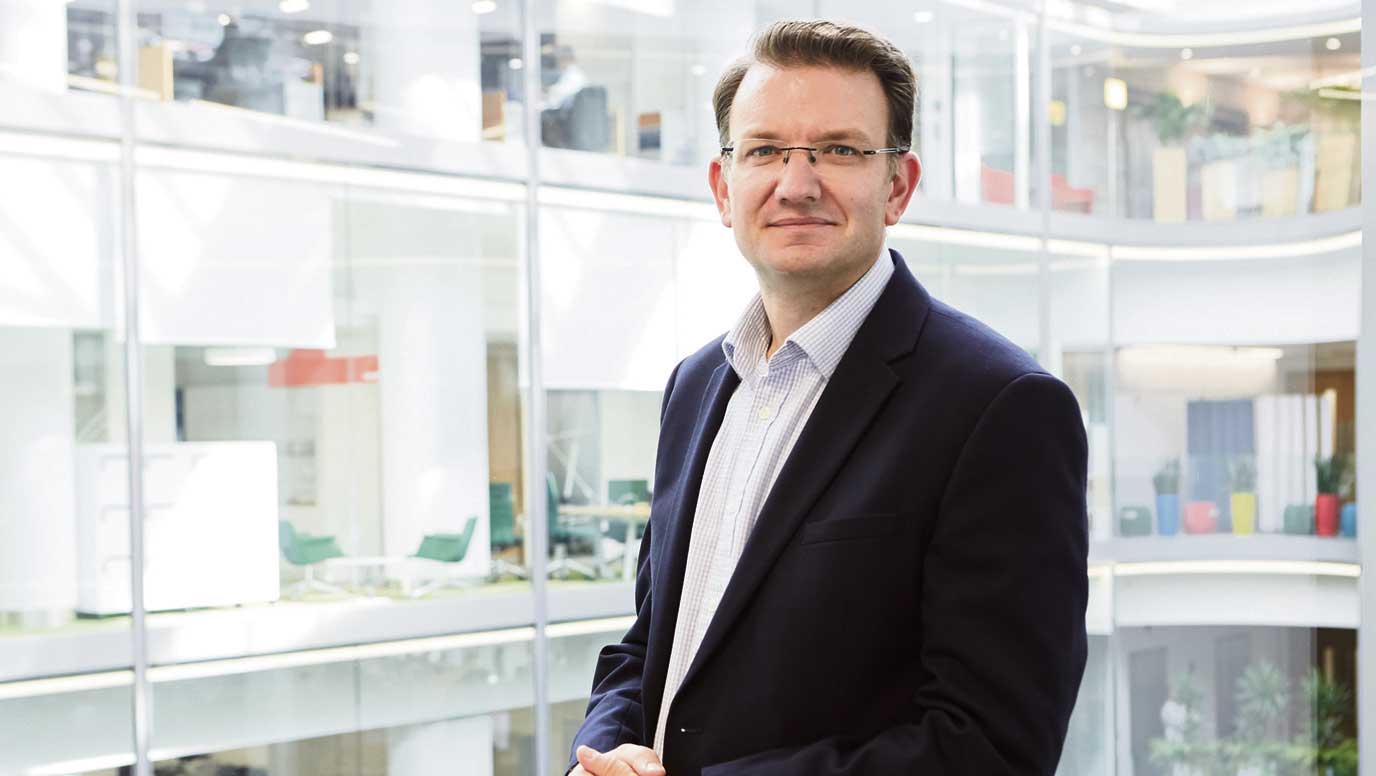Net zero shambles highlighted by Cambridge consultancy edenseven

To meaningfully reduce emissions, businesses must set a clear target year to achieve net zero. Yet this latest report by the expert sustainability consultancy highlights a growing gap in climate commitments ahead of the UK’s 2050 net zero goal and the 2024 UN Climate Change Conference (UNFCCC COP 29) which convenes today (November 11) in Baku, Azerbaijan.
The FTSE250, bedrock of the UK economy, generates equivalent to over half (53.8 per cent) of the UK’s total emissions, and represents a key benchmark for evaluating the UK’s response to the climate crisis challenge. However, the report reveals that only 14 per cent of the FTSE250 have Science-Based Targets initiative (SBTi) accreditation.
With the average net zero target date now delayed to December 2044 – 13 months later than last year – reflecting a lack of credible and actionable emission reduction plans.
Of particular concern is the report of emissions increasing. The FTSE250’s Scope 1, 2, and 3 emissions have increased to 206.4 million tons of CO2e, a seven per cent rise in like-for-like emissions compared to the previous year.
As this is in line with a nine per cent increase in revenue, it reflects how businesses are not decarbonising quickly enough to offset their revenue growth and are failing to integrate all-important climate considerations into their growth strategies.
The report also highlights a decline in transparency reporting, with 20 per cent of businesses failing to report any Scope 3 emissions at all. These are the indirect emissions from a company’s value chain, which form the largest component, accounting for 86 per cent of a company’s total carbon footprint.
Pete Nisbet, managing partner at edenseven, says: “The findings of this latest report are concerning and the response from some of these FTSE250 companies has been alarmingly poor.
“The reality is, every company, whatever their business, whatever their size, needs to be working towards net zero. The FTSE250 have the potential to lead the UK towards a sustainable future, and it is critical that these businesses take decisive action now.
“Managing emissions offers advantages in competitiveness, compliance and credibility. Proactively reducing emissions can cut costs through energy efficiency and waste reduction, while investments in clean technologies lower long-term cost exposure and risk. Stakeholders also place increasing value on those prioritising sustainability and social responsibility, and so it’s crucial for reputation too.”
Marvin Rees is a member of the Global Commission for Urban SDG Finance and former Mayor of Bristol. Recently, the Bristol City Leap project received the prestigious ‘2024 Award of Distinction for Public-Private Collaboration in Cities’ at the World Economic Forum’s Urban Transformation Summit.
Rees says: “Government action is essential, but government action alone will never be enough. To achieve net zero and avoid catastrophic global warning, we need the private sector not just to deliver, but to provide leadership for others.
“This is not an optional extra from the CSR and ESG ‘To Do’ list. Climate change and its social, political and economic consequences must be recognised as being business critical.
“We need businesses to understand and operate with an understanding that the way they do business today will determine whether the world is more, or less, conducive to their ability to do business in the years and decades ahead.”
Global energy transition expert Graeme Cooper also wants to see more commitment from the FTSE250. He says: “I would expect to be seeing real leadership from the FTSE250 by now, but as this report suggests they don’t seem to be moving at a quick enough pace to achieve their own, let alone the country’s, targets.
“There are great examples out there where, rather than focusing on reporting, companies are incorporating environmental impact into their short term and leadership targets, and it’s those companies that see the benefits of improved efficiency and reduced running costs.
“We need to move from warm words to demonstrable action, embed environment targets to individuals’ performance metrics, and change the narrative by showing the benefits achieved through good data and processes and their effect on the bottom line.”

